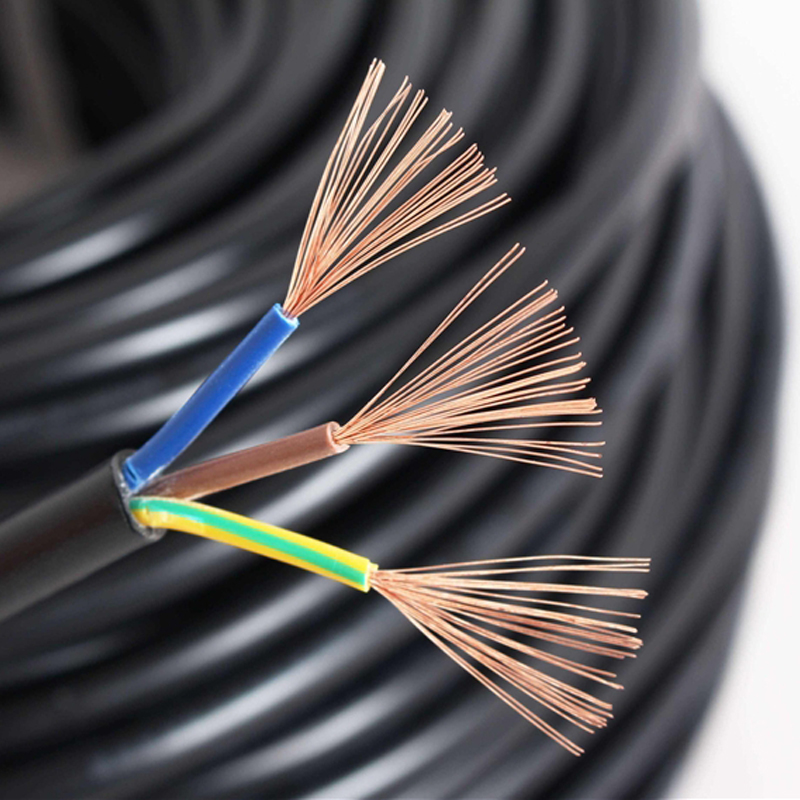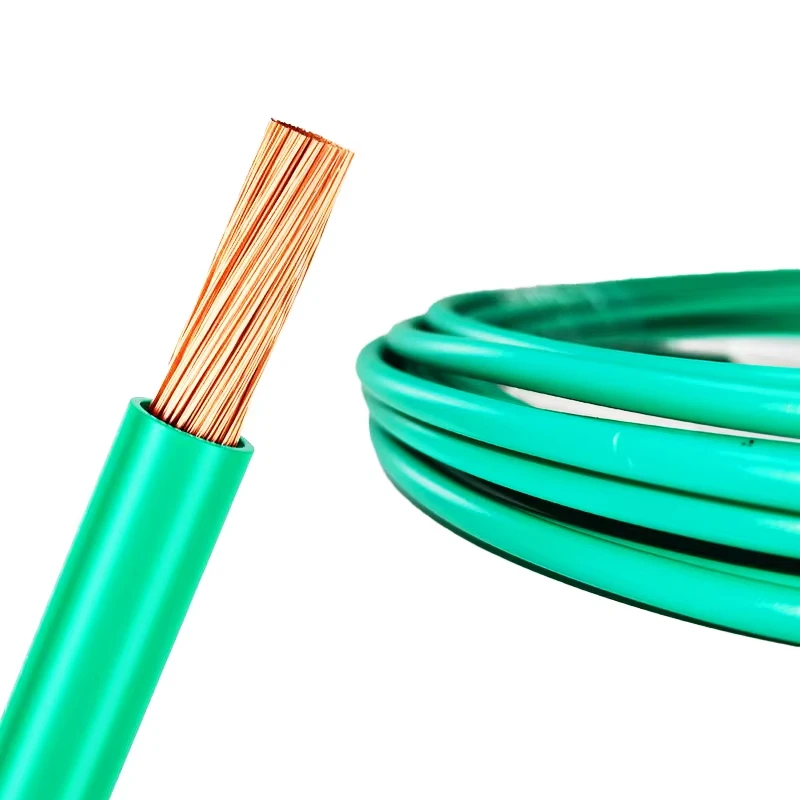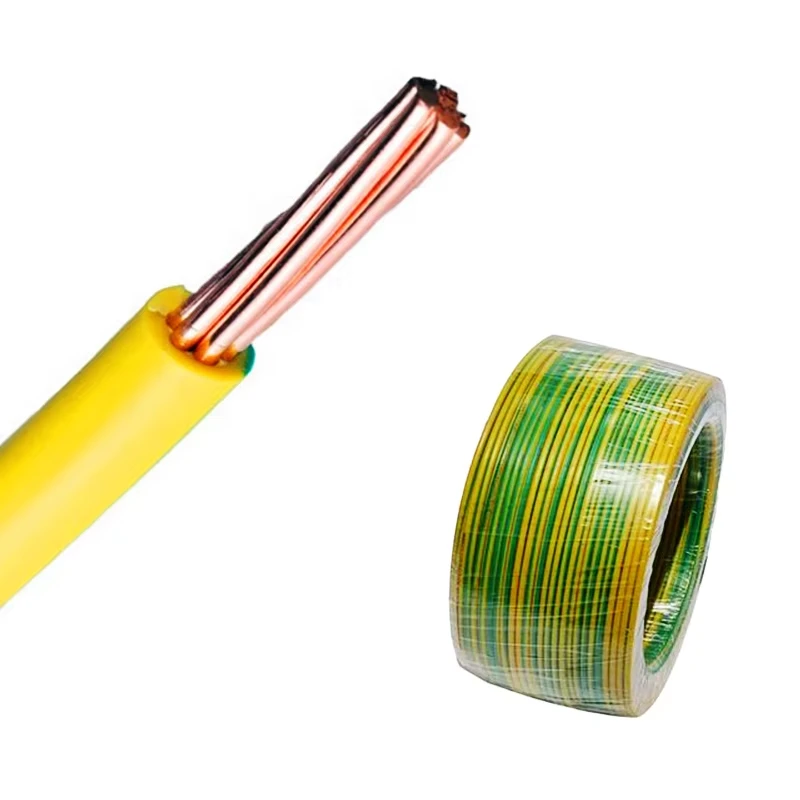
wire used in solar panels company
The Role of Wire Used in Solar Panels An In-Depth Analysis
As the world shifts towards renewable energy solutions, solar power has emerged as a leading player in the quest for sustainable energy. Among the various components that make up a solar energy system, the wire used in solar panels is often overlooked, yet it plays a crucial role in the efficiency and reliability of solar energy systems. This article explores the types of wires used in solar panels, their significance, and the innovations that are shaping their future.
Understanding Solar Panels
Solar panels are made up of photovoltaic (PV) cells designed to convert sunlight into electricity. These cells generate direct current (DC) electricity, which must be transmitted to an inverter that converts it into alternating current (AC) for household use. The efficiency of this transfer relies heavily on the quality and type of wire used in the system.
Types of Wire Used
There are several types of wire commonly used in solar panel installations
1. Solar PV Wire Specifically designed for solar applications, this wire is made with durable insulation that can withstand extreme temperatures and environmental conditions. The insulation is typically made from ethylene tetrafluoroethylene (ETFE) or cross-linked polyethylene (XLPE). Solar PV wire is also rated for direct sunlight exposure, ensuring longevity.
2. Thermoplastic Elastomer (TPE) Wire This wire type is known for its flexibility and resistance to UV rays and weather conditions. TPE wires are commonly used in installations where flexibility is essential.
3. Copper vs. Aluminum Wires Copper wires are favored for their superior conductivity and lower resistance. They are more efficient in transmitting electricity, which reduces energy losses. However, aluminum wires are lighter and less expensive, making them popular for large installations. Understanding the differences between these materials can help installers choose the best option based on the specific needs of the project.
Importance of Quality Wire
wire used in solar panels company

Using high-quality wire in solar panel installations is critical for several reasons
1. Efficiency The wire's conductivity directly affects how efficiently electricity is transmitted from the solar panels to the inverter and subsequently to the electrical grid or storage systems. Poor quality or inappropriate wire can lead to energy losses, diminishing the overall performance of the solar system.
2. Safety Solar installations carry significant electricity loads, and using inadequate wiring can pose a safety risk, leading to short circuits or electrical fires. Ensuring that wires are appropriately rated for the voltage and current they will carry is crucial for safe operations.
3. Longevity Solar systems are long-term investments, with lifespans extending often beyond 25 years. The use of high-quality wire ensures that the system will withstand environmental factors such as moisture, temperature fluctuations, and UV radiation, thereby prolonging the life of the installation.
Innovations in Solar Wiring
Recent advancements in material science and engineering are yielding exciting innovations in solar wiring. For instance, the development of flexible, lightweight conductive materials is making installation easier and opening new possibilities for unconventional solar applications, such as building-integrated photovoltaics (BIPV). Furthermore, advancements in wire insulation technology are enhancing protection against environmental stressors, providing even greater durability.
Another trend is the integration of smart technology into wire systems, allowing for real-time monitoring of electricity flow. This enables quick identification of any issues or inefficiencies within the solar system, leading to timely maintenance and improved overall performance.
Conclusion
The wire used in solar panels may not be the most glamorous component of a solar energy system, but its importance cannot be overstated. As solar energy continues to grow in popularity and implementation, investing in the right wiring materials and technologies will be paramount in ensuring optimal performance, safety, and longevity of solar installations. As innovations in this field continue to develop, they will undoubtedly contribute to the overall efficiency and effectiveness of solar energy as a sustainable solution for our energy needs. Embracing these advancements will not only enhance the current technology but also pave the way for a brighter, greener future in renewable energy.
-
The Quantum Leap of XLPE Cable in Power DistributionNewsMay.29,2025
-
Mastering the Essentials of Building WireNewsMay.29,2025
-
Innovative Horizons of Rubber Trailing CablesNewsMay.29,2025
-
Exploring the Versatile World of Rubber CablesNewsMay.29,2025
-
Decoding the Mysteries of Building CablesNewsMay.29,2025
-
Advancements Redefining Control Cable TechnologyNewsMay.29,2025
-
Why It's Time to Replace Old Rubber CablesNewsMay.28,2025














